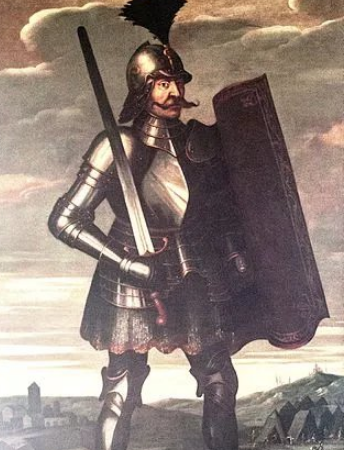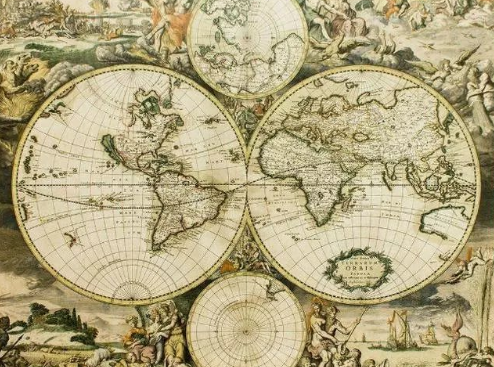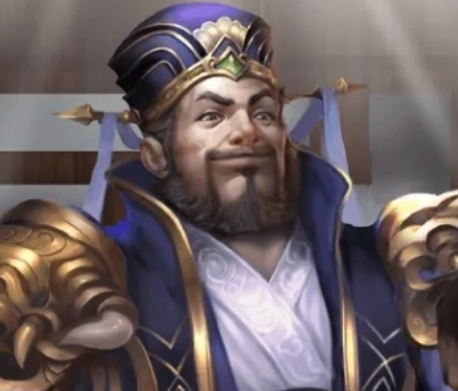Yang Guang, an important emperor in Chinese history, whose reign period is known as the heyday of the Sui Dynasty. However, there has been great controversy over the evaluation of Emperor Yang Guang in history.

In positive evaluation, Yang Guang is praised as a monarch with lofty ambitions and foresight. During his reign, he implemented a series of reform measures, including abolishing the hereditary system, implementing the imperial examination system, and promoting the equal field system, which promoted social progress to some extent. He also vigorously promoted economic development, built the Grand Canal, promoted economic exchanges between the north and the south, and made the economy of the Sui Dynasty reach a new height. In addition, he actively promoted the development of culture. He himself was a talented cultural figure, and his poetry, prose, and calligraphy all had high artistic achievements.
However, in negative evaluation, Yang Guang is regarded as a tyrant. During his reign, he built many luxurious buildings, such as Luoyang City and the Grand Canal, consuming a large amount of manpower and material resources, making people live in misery. He also frequently launched wars, suppressing dissenters internally and invading other countries externally, causing the country to fall into chaos and unrest. His tyranny ultimately led to the collapse of the Sui Dynasty.
Overall, Yang Guang is a historical figure with profound influence. His life is full of contradictions and complexities, with both great achievements and serious mistakes. His life is both a historical tragedy and a historical legend. His reign has both a bright side and a dark side. This is Yang Guang, this is the historical Yang Guang.
Disclaimer: The above content is sourced from the internet and the copyright belongs to the original author. If there is any infringement of your original copyright, please inform us and we will delete the relevant content as soon as possible.































